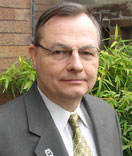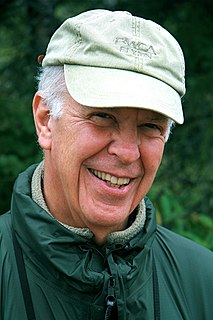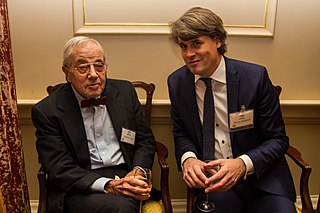A Quote by Tim LaHaye
The removal of religion as history from our schoolbooks betrays the intellectual dishonesty of secular humanist educators and reveals their blind hostility to Christianity.
Related Quotes
We have been educated to such a fine - or dull - point that we are incapable of enjoying something new, something different, until we are first told what it's all about. We don't trust our five senses; we rely on our critics and educators, all of whom are failures in the realm of creation. In short, the blind lead the blind. It's the democratic way.
You see, it's been our misfortune to have the wrong religion. Why didn't we have the religion of the Japanese, who regard sacrifice for the Fatherland as the highest good? The Mohammedan religion [Islam] too would have been more compatible to us than Christianity. Why did it have to be Christianity with its meekness and flabbiness?
Every civil government is based upon some religion or philosophy of life. Education in a nation will propagate the religion of that nation. In America, the foundational religion was Christianity. And it was sown in the hearts of Americans through the home and private and public schools for centuries. Our liberty, growth, and prosperity was the result of a Biblical philosophy of life. Our continued freedom and success is dependent on our educating the youth of America in the principles of Christianity.
Religion is part of the human make-up. It's also part of our cultural and intellectual history. Religion was our first attempt at literature, the texts, our first attempt at cosmology, making sense of where we are in the universe, our first attempt at health care, believing in faith healing, our first attempt at philosophy.
It's no understatement that the church has done a poor job in teaching our young people that reason and faith are not opposites, and that atheists are far from being on the side of reason. You can find on our website a chart which I use to demonstrate the various worldviews work out, and which one, Christianity, is rational. Many kids, however, who grow up huddled in a Christian environment find themselves in the university setting completely unequipped to defend the rationality of the Christian faith against the secular humanist worldview so prevalent on college campuses.
As one who knows many things, the humanist loves the world precisely because of its manifold nature and the opposing forces in itdo not frighten him. Nothing is further from him than the desire to resolve such conflictsand this is precisely the mark of the humanist spirit: not to evaluate contrasts as hostility but to seek human unity, that superior unity, for all that appears irreconcilable.
The religion of art, like the religion of politics, was born from the ruins of Christianity. Art inherited from the old religion the power of consecrating things and endowing them with a sort of eternity; museums are our temples, and the objects displayed in them are beyond history. Politics--or more precisely, Revolution--co-opted the other function of religion: changing human beings and society. Art was an asceticism, a spiritual heroism; Revolution was the construction of a universal church.






































